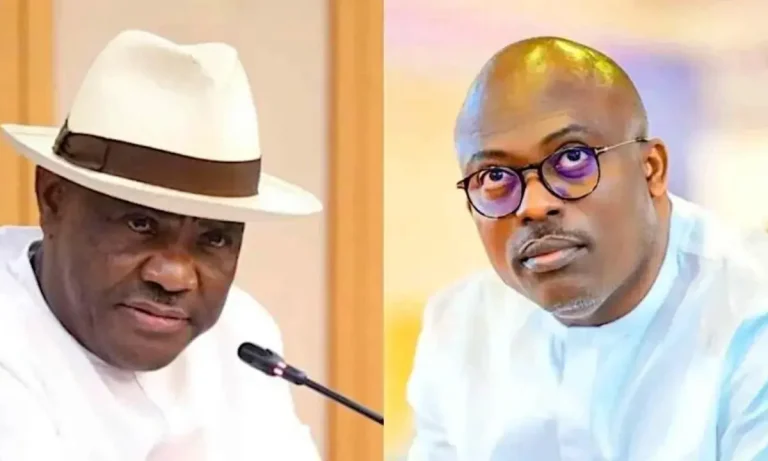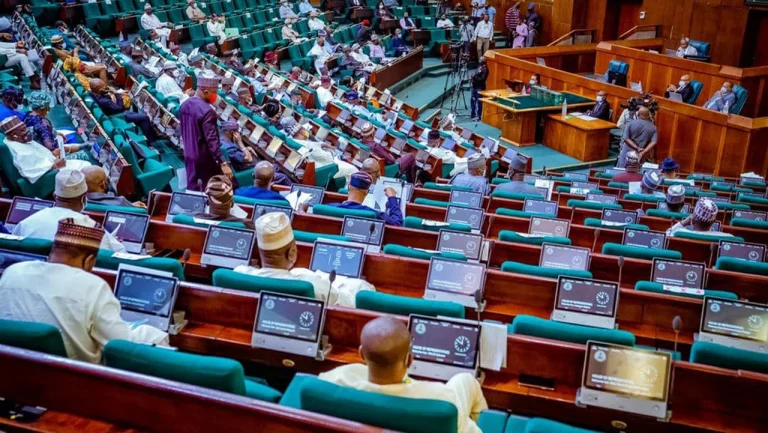The recent military operations in Katsina State by the Nigerian military are significant steps in the ongoing efforts to combat banditry and terrorism in the region. The two separate missions, which resulted in the neutralization of 31 bandits and the destruction of their hideouts, demonstrate a coordinated approach involving both ground troops and airstrikes.
In the first operation in Maigora village, Faskari LGA, the military successfully eliminated a group of bandits, including a prominent leader, Dogo. The fact that the troops were able to repel a counterattack and capture motorcycles suggests that they have gained some control over key movement routes used by the bandits. This operation is an example of how proactive military engagement can disrupt the activities of criminal groups in rural areas.
The second operation, which involved aerial strikes targeting bandit hideouts in Unguwar Goga Hillforest, was equally decisive. By eliminating 19 bandits and destroying their camps, the military has weakened the operational capacity of notorious bandit leaders like Alhaji Gero and Alhaji Riga, who have been major players in the insecurity in the region.
The continued focus on disrupting the bandits’ supply chains and preventing them from regrouping is a key strategy to ensure that these criminal groups do not simply bounce back. The use of aerial and ground surveillance is crucial in tracking and neutralizing fleeing criminals, making it harder for them to escape or reorganize.
While these successes are commendable, the challenge remains in ensuring that these operations lead to long-term stability in the region. The military’s actions may have temporarily weakened bandit activity, but there is still a need for sustained effort in both security and community development to address the root causes of banditry and insecurity in northern Nigeria.
What do you think about the effectiveness of such military operations in tackling the issue of banditry? Should there be more focus on the social and economic causes driving these groups?


















